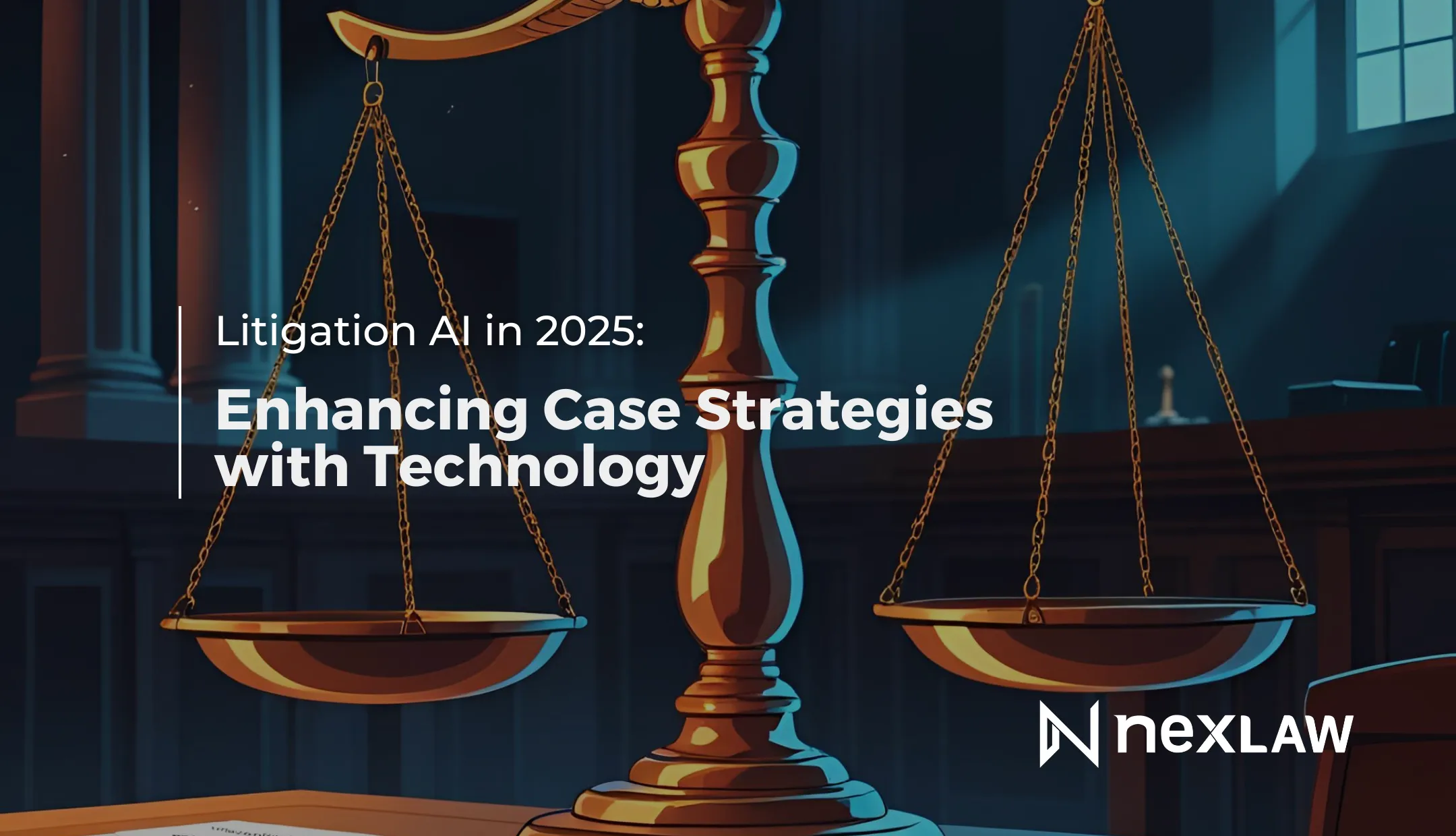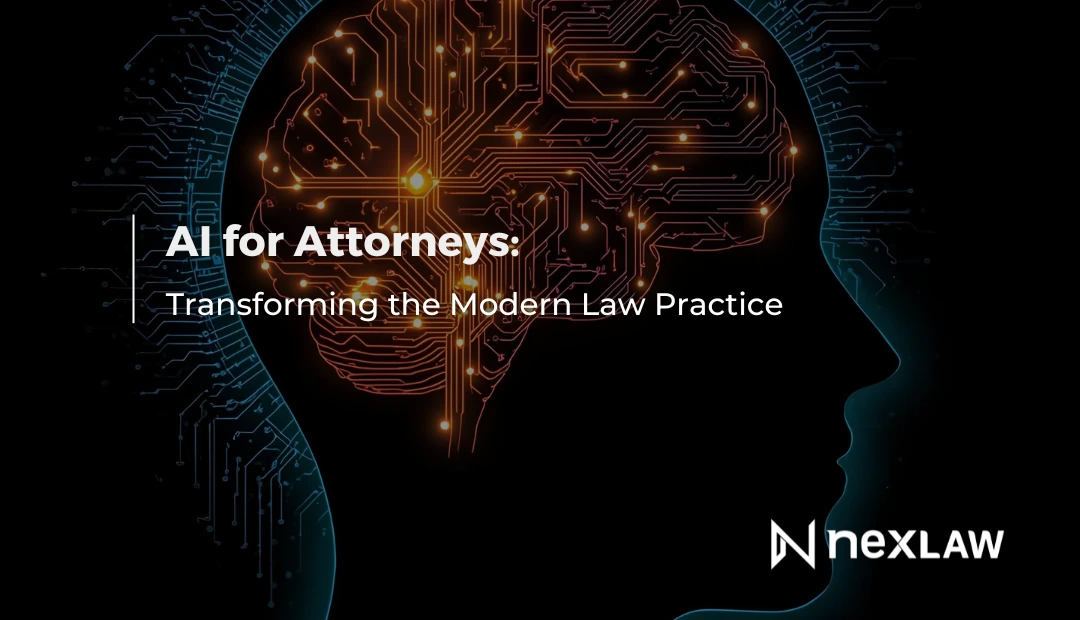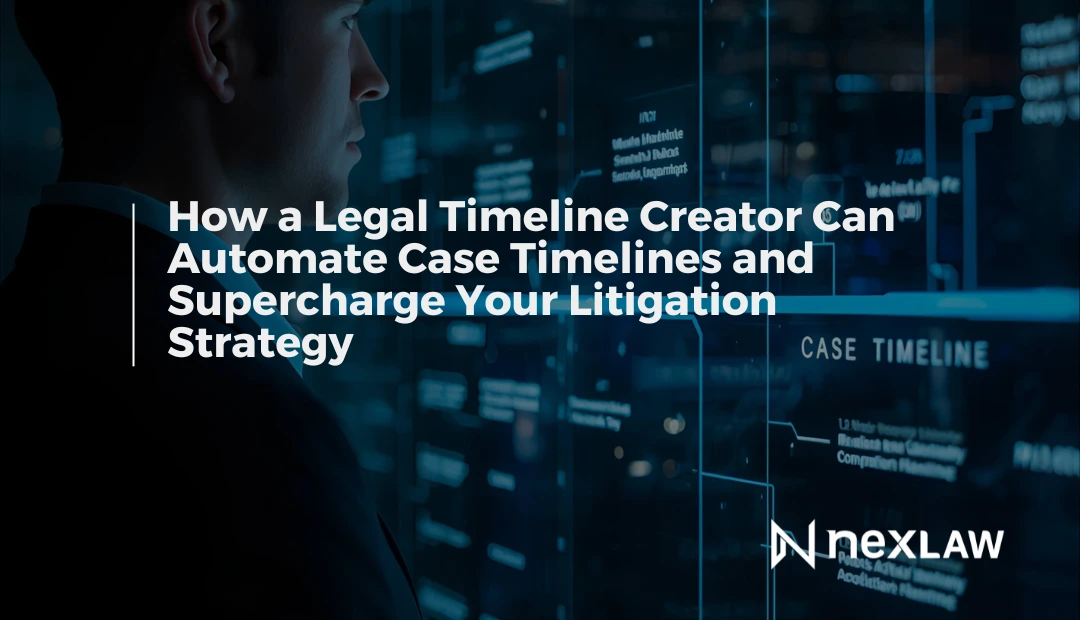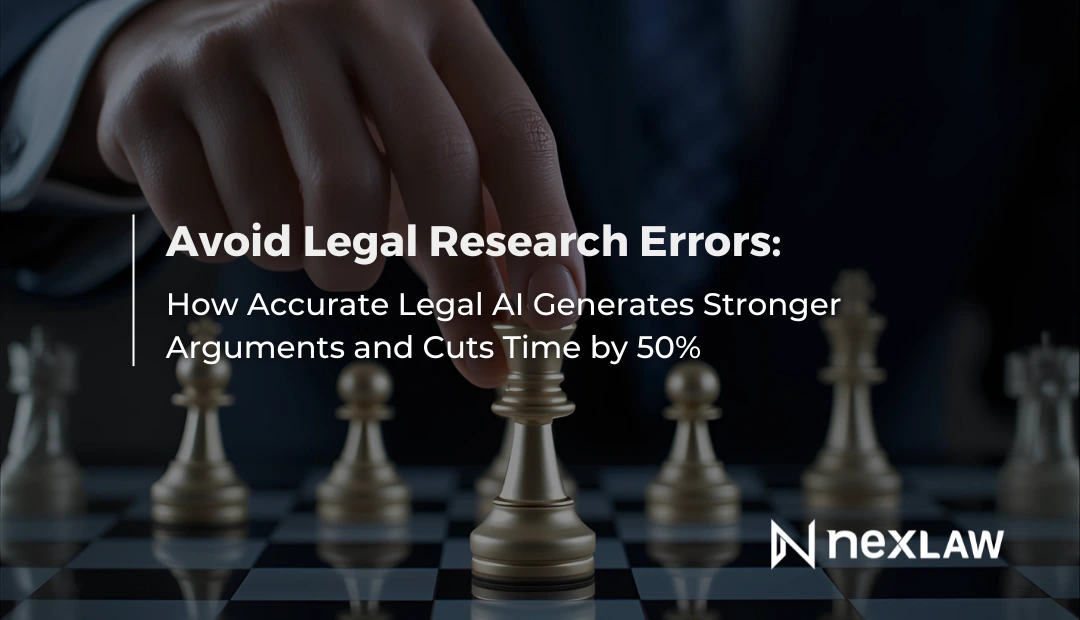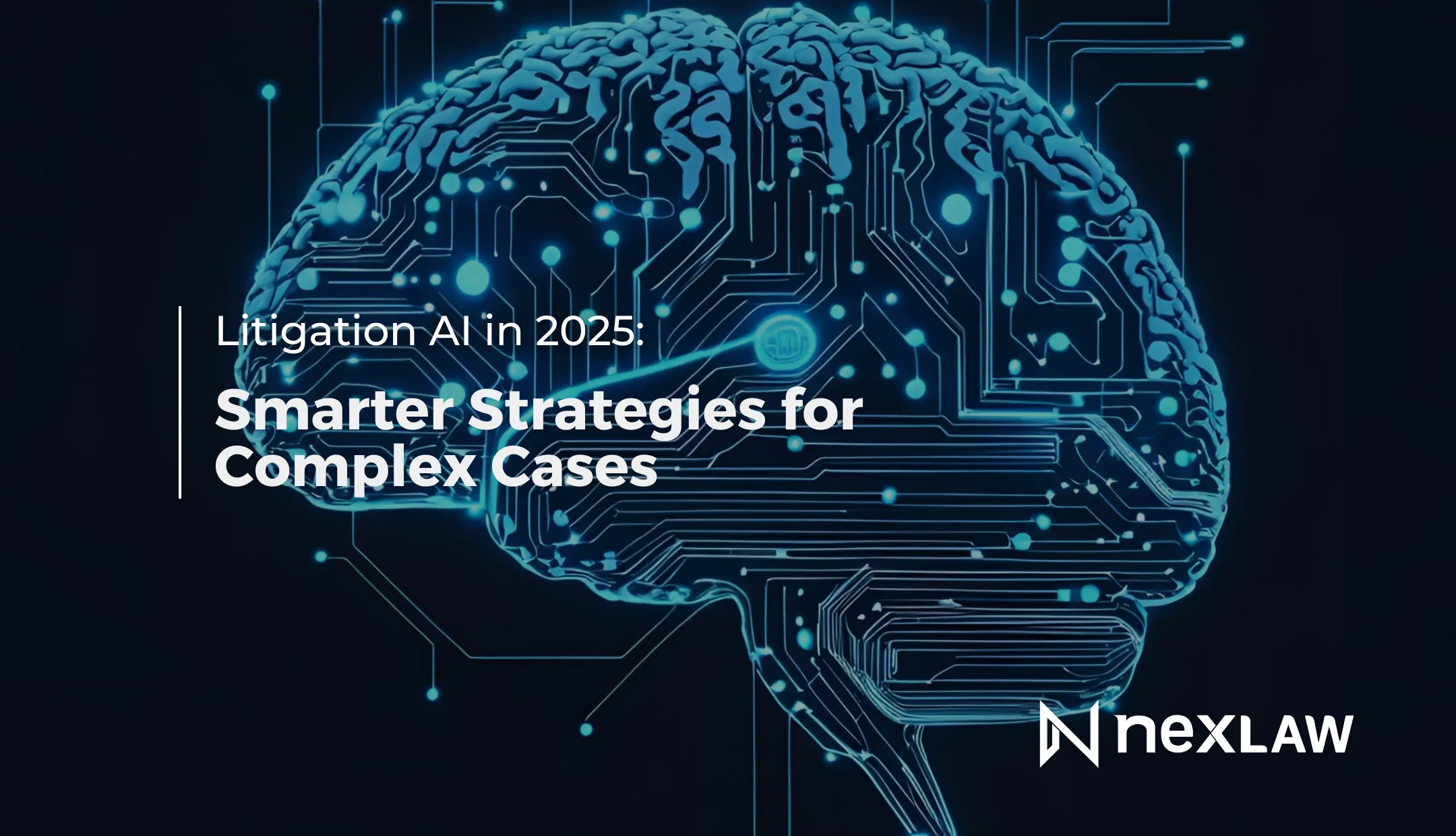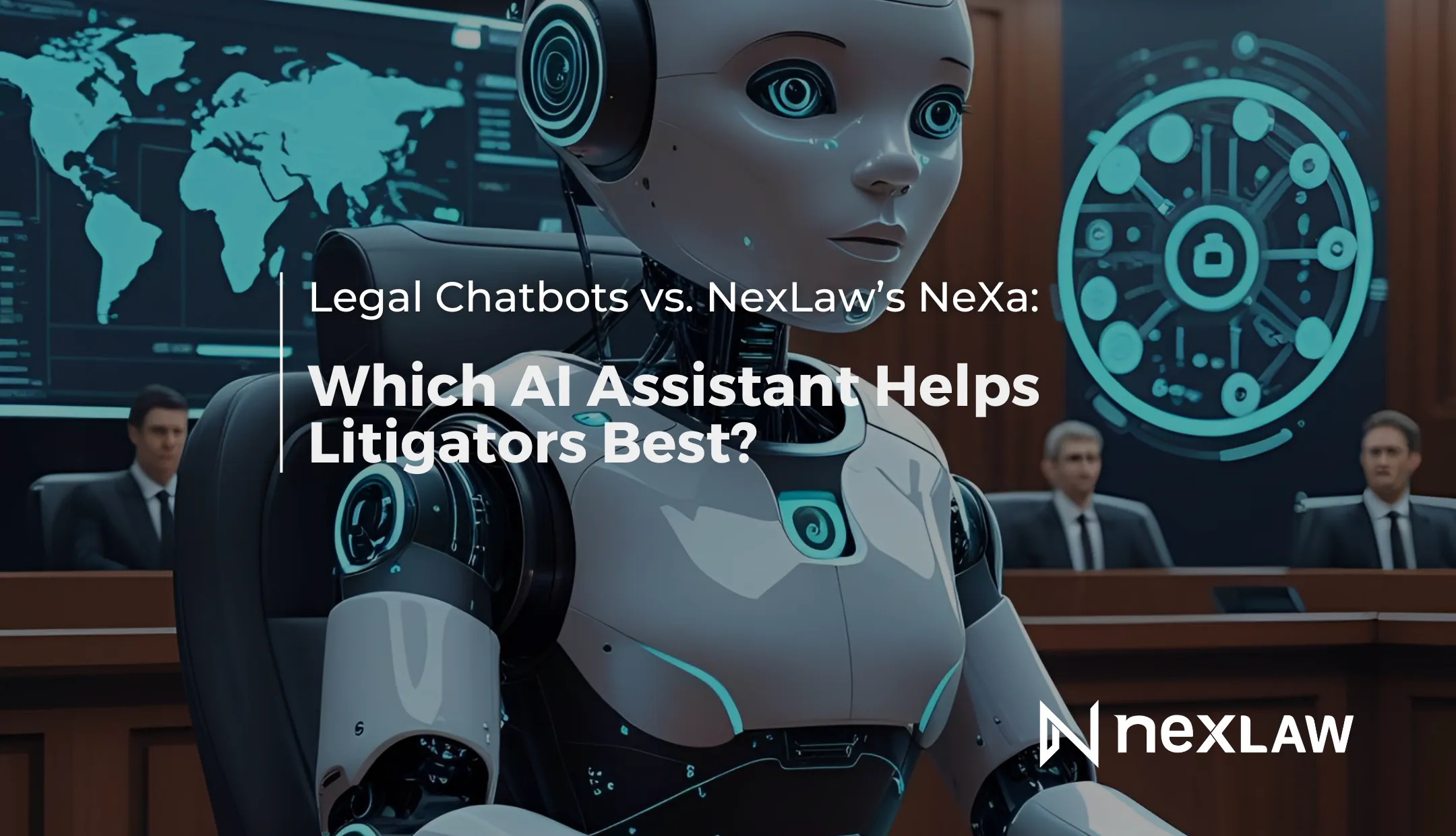Litigation AI in 2026: Enhancing Case Strategies with Technology
The legal profession continues to evolve as technology advances. In 2026, many law firms and litigators across the United States are integrating artificial intelligence (AI) tools to support complex case management. While AI does not replace the expertise of attorneys, it serves as a valuable tool for increasing efficiency, improving accuracy, and managing data-intensive tasks.
Unlock Legal Insights Instantly!
How Litigation AI Supports Attorneys
Automating Routine Tasks
Litigation often involves time-consuming processes such as document review, discovery organization, and drafting motions. AI-powered tools can assist in automating parts of these workflows, helping attorneys save time on repetitive tasks and focus on higher-level legal work.
Enhancing Case Analysis
Some AI platforms offer analytics features that assist attorneys by organizing large volumes of data, helping identify relevant precedents, and providing insights into judicial trends. These tools aim to support strategic decision-making without replacing professional judgment.
Improving Document Drafting
AI can generate structured draft documents quickly, such as pleadings and discovery responses, allowing attorneys to refine and customize content efficiently. This can lead to increased productivity while maintaining the necessary legal scrutiny.
Ethical Considerations and Best Practices
Professional responsibility remains paramount when using AI in legal practice. The American Bar Association (ABA) encourages attorneys to maintain competence with technology and exercise careful judgment when incorporating AI tools. Key considerations include:
- Human Oversight: Always review AI-generated outputs thoroughly before submitting any filings or making decisions.
- Transparency: When required, disclose the use of AI tools in legal work.
- Data Security: Use AI platforms that prioritize client confidentiality and comply with applicable privacy regulations.
- Auditability: Maintain clear records of AI-assisted work to ensure compliance and support accountability.
The Future of Litigation AI
AI technology is continually developing. As these tools become more integrated with existing legal workflows and case management systems, attorneys can expect improved support in strategic planning, document management, and data analysis. Adopting AI responsibly can help law firms enhance efficiency and better meet client expectations in a competitive environment.
Ready to Explore AI for Litigation?
NexLaw AI offers U.S. litigators tools designed to streamline workflows and support case strategy, all while emphasizing compliance and professional responsibility.
- Start a free 3-day trial to experience the platform firsthand.
- Book a guided demo for a personalized walkthrough of NexLaw AI’s features.
